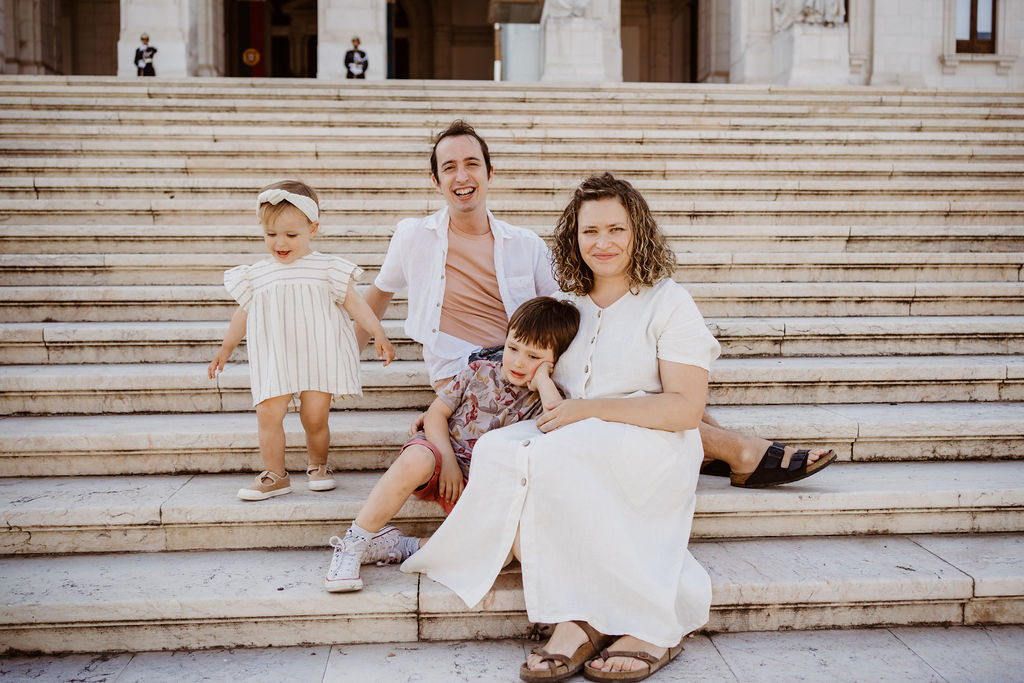I always write about what are the best things to do in Lisbon, the best place to visit, the best restaurant to eat, and cafés to experience the best Pasteis de Nata.
Very rarely do people ask me what I do I think about living in Lisbon; today I want to share 10 reasons why Lisbon is not flawless, IMHO. This is quite a long post, but I believe all the information shared are very important.
1. The sun shine most of the year, but when winter hit, be ready!
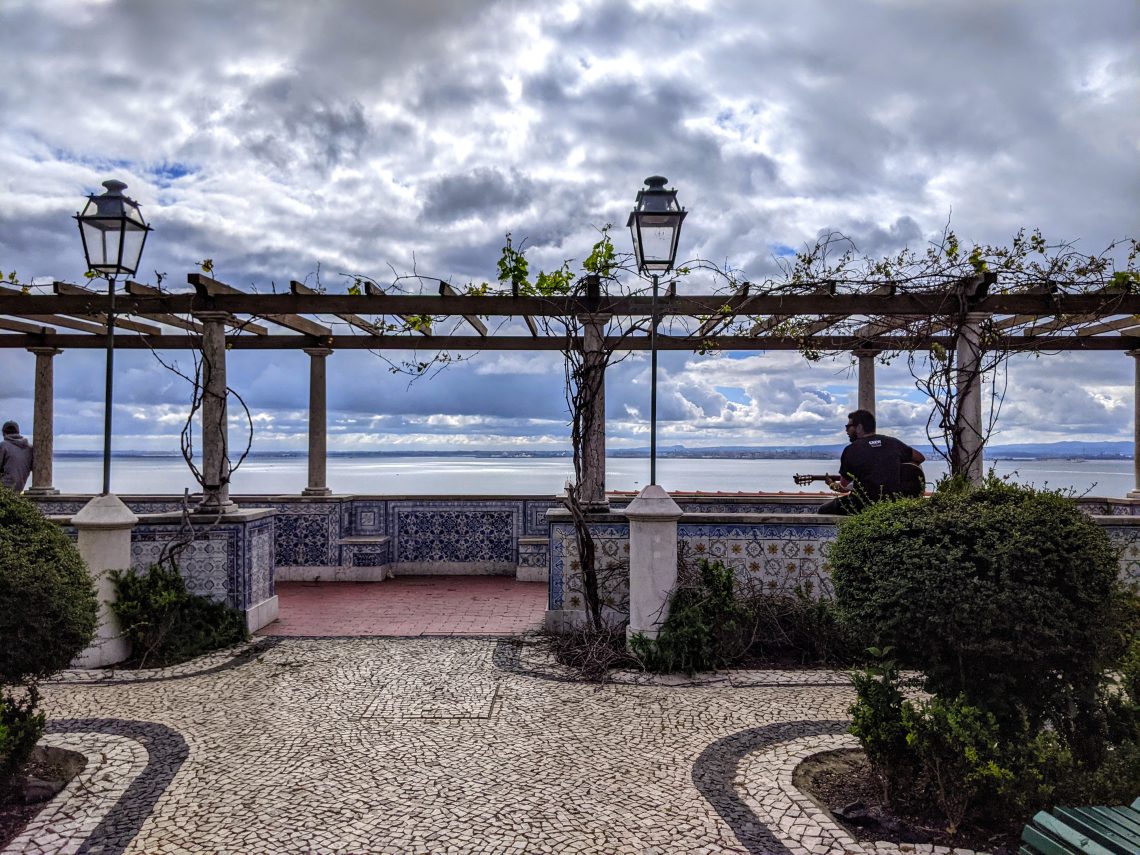
Lisbon, and Portugal in general, is ranking first in the list of European cities for sunny days per year. Lisbon and Portugal also rank first in another list: the one about energetic poverty.
Most Portuguese houses are not built to endure the humid and sometimes rainy winter: luckily the season is not as long as in other European countries, but very often, people experience colder temperatures and more discomfort inside their houses than outside.
Portuguese apartments are very rarely equipped with central heating, and the general building isolation is usually nonexistent: also, the building technique is not so advanced, and it’s pretty common to end up having damp and mold problems.
Now, with modern tourism and ex-pat moving to Lisbon, all the newest and renovated apartments have at least air conditioning, which can help both in winter to keep warm and in summer to keep cool when the temperature rises above 30°C. Just be sure to not run it all the time: energy can be pretty expensive compared to the rest of Europe, and you can end up spending a fortune.
When looking for a place to live be sure to ask for possible mold problems and water leaks.
2. Finding a comfortable and modern accommodation can be extremely hard
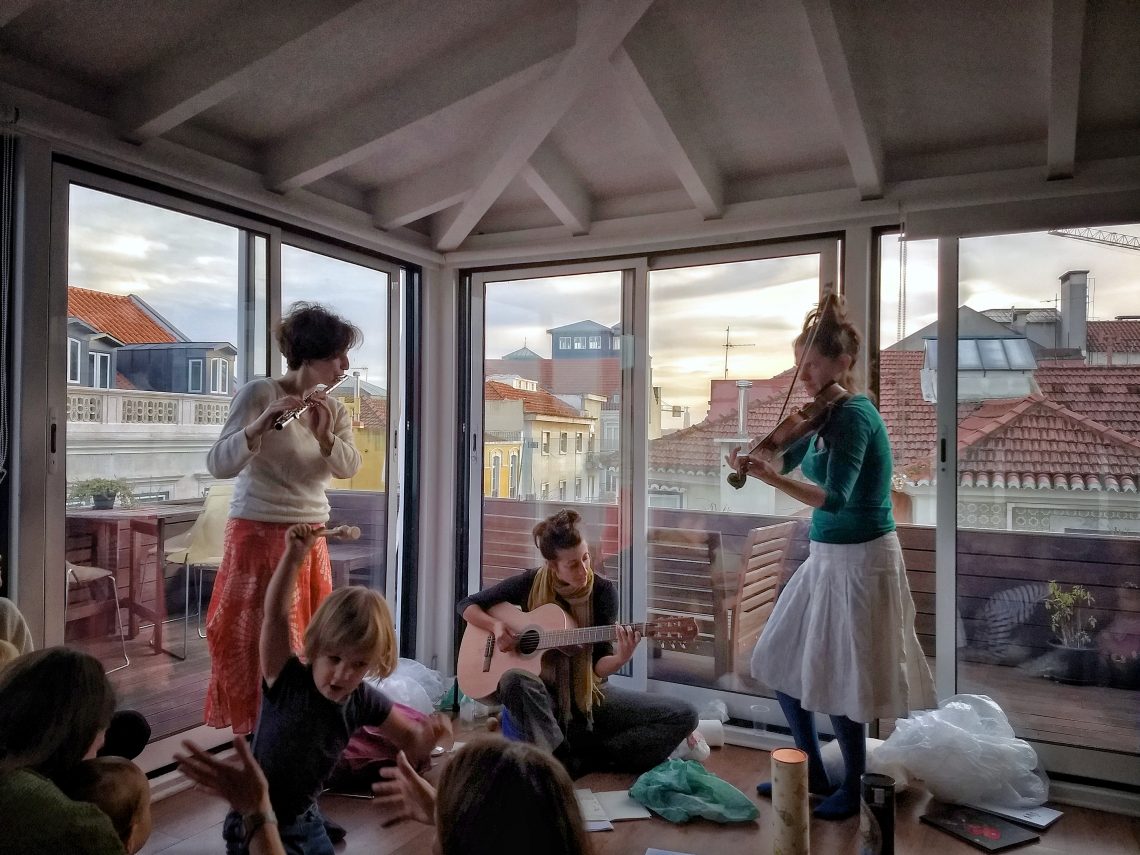
Modern apartments and comfortable living solutions with all amenities are scarce and very sought after. There are a few websites you can check, like Idealista, and Imovirtual, but you can also ask independent realtors, or local real estate firms for help: they could save you time, ultimately money, and a lot of headaches.
Contract and legal terms can also be twisted by landlords from time to time: be sure to have them checked by an external professional. If you don’t earn your living in Portugal or don’t have any local guarantor, some landlords can ask you for up to 6 months between deposit and prepaid rent.
A bit of context
Lisbon is a very dense historical center that was almost abandoned by locals about 20 years ago: many preferred to move to the suburbs, where modern buildings were being built with better amenities and most important, Parking. Also at that point, most buildings of the capital had been left abandoned and in ruin, which didn’t make Lisbon very appealing!
After the economic crisis, investors poured in and start buying and renovating, which has brought us to the city as we can appreciate today: very little could be done with the intricate building solutions that were used by the Portuguese in the past few decades, like for example, narrow living spaces, bedrooms without windows (the infamous quartos interiores), green spaces in the middle of urban blocks turned into private gardens or garages and parking, windowed balconies to gain living space (or storage space) and so on.
3. Unbalance work-life balance and local low wages
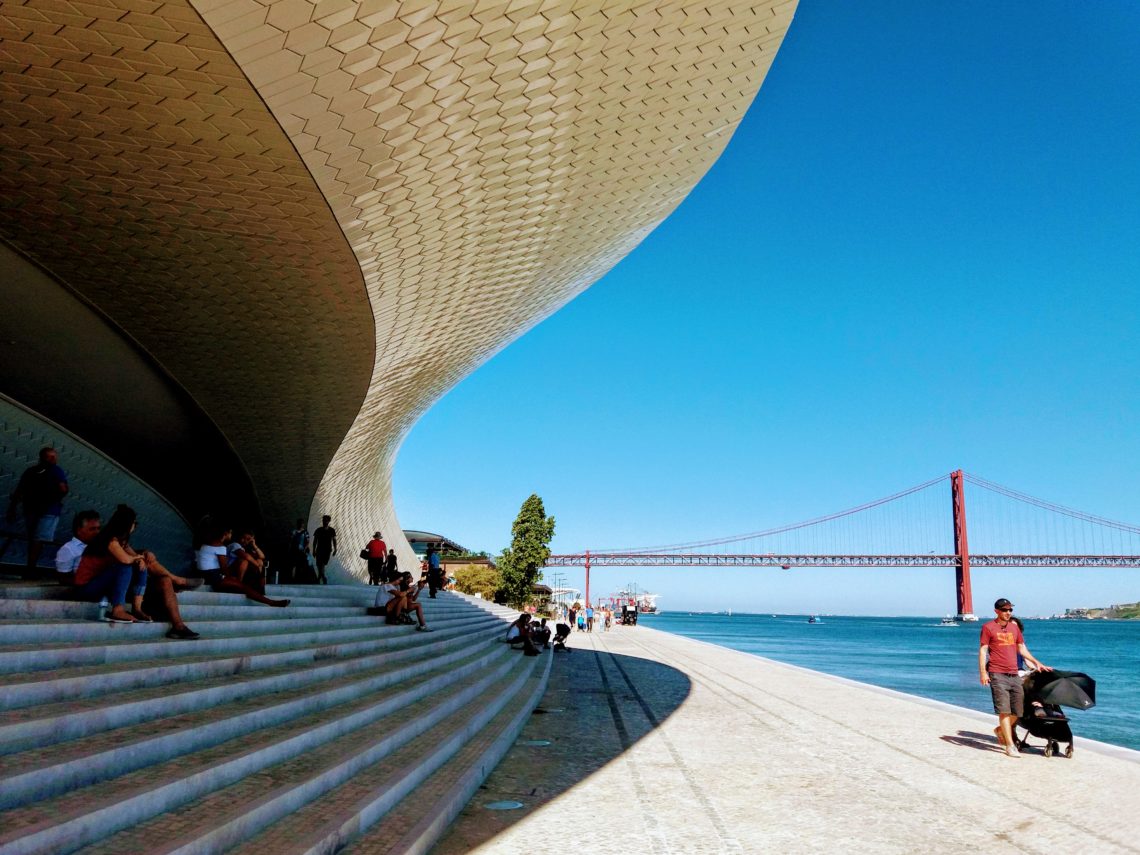
Working hours for a full time are approximately 10 to 12 hours per day, while the school’s regular time is 8-9 to 15-16: then kids have multiple breaks over the year, namely 2 weeks for Christmas, 2 weeks for Easter, and two months in the summer (July and August).
Portuguese families have to heavily on after-school programs, grandparents, and sometimes housekeepers and nannies.
On top of this, local wages are really low compared to the rest of Europe: the minimum wage has been raised to 740€ in the last decade (it’s 1050 in Spain and 1539 in France according to this website) but especially in Lisbon that’s not much. Portugal is known to be a cheaper country, but Lisbon is actually far from cheap, excluding local restaurants and regular groceries.
4. There are amazing beaches and great villages and town to explore, but you will need a car
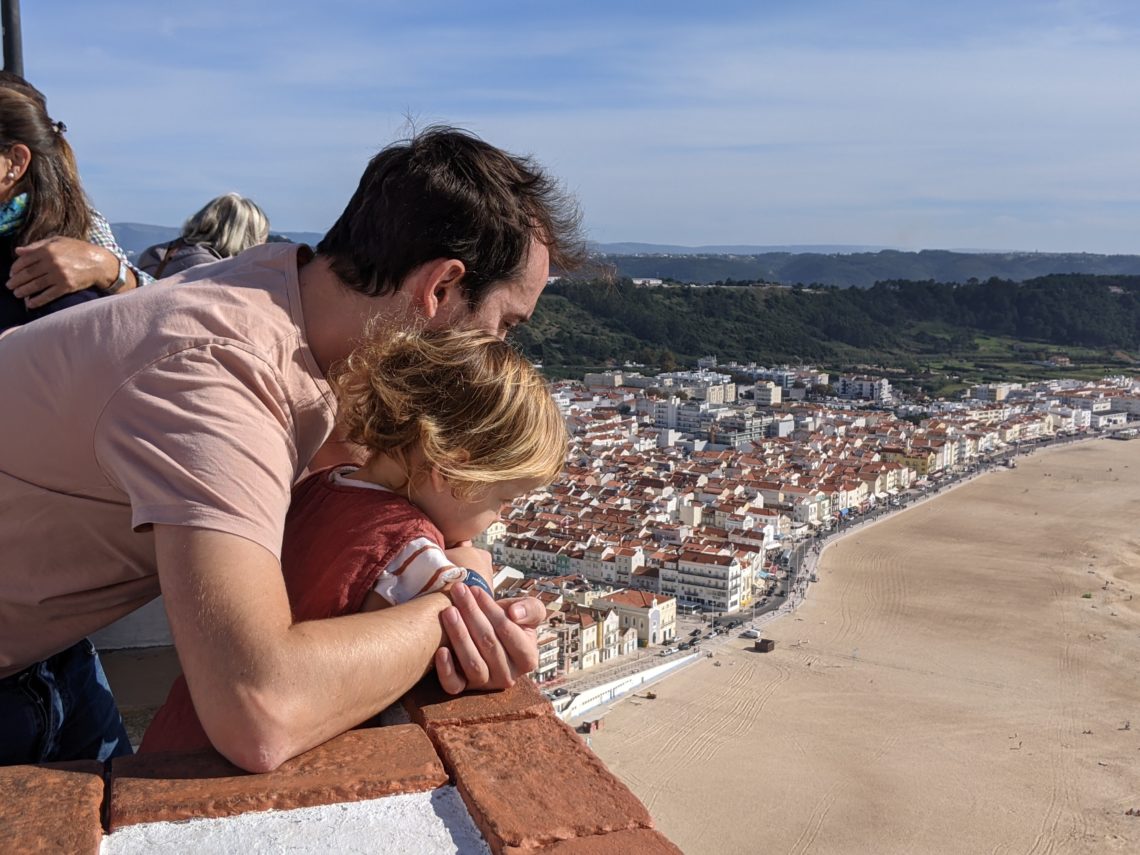
If you are planning to live in Lisbon, and you want to explore and take advantage of the natural beauties that Portugal has to offer, you will need a car.
We haven’t owned a car for 10 years: now with two kids in tow, we are constantly debating if we should or should not get one. Of course, you can rent one, but it can be very expensive over the high season when you could take advantage of the amazing beaches that are only 30 minutes away. We have tried cabs, but our son gets car sick, especially on the bumpy roads that taxis take to avoid traffic, and we had a few accidents.
You can take the train to explore the coast to Cascais, but Caparica can already be complicated to reach by train or bus: if you go by cab to Caparica, be sure to avoid peak hours, the Bridge 25th of April can become pretty busy.
5. Schooling Options
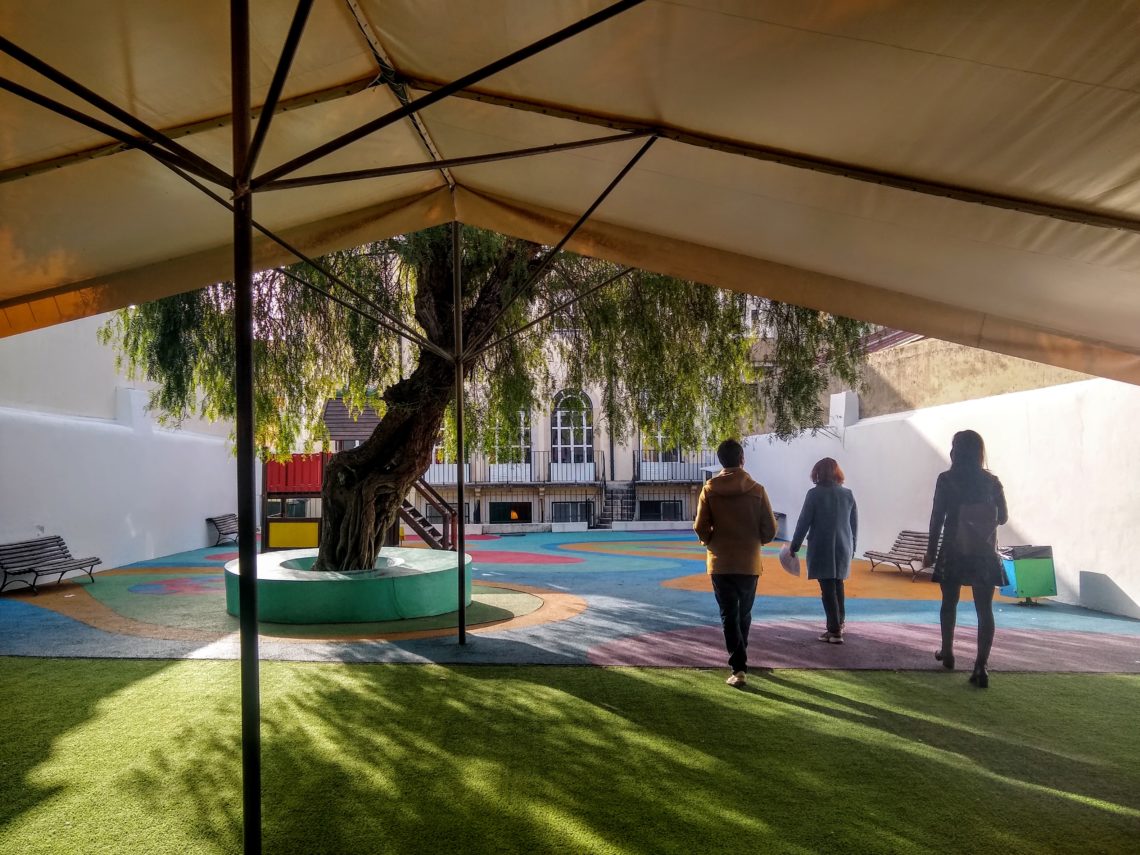
The schooling system is divided into three options: Public, Subsidized and Private.
The Public System goes from 0 to University, with very few institutions before 3YO, a bit more options between 3 and 5YO, while it is pretty widespread for kids 6YO and up since that’s when instruction becomes mandatory.
Each family is supposed to choose between the public schools in their residential catchment area or in the working place catchment area (catchment area is called Agrupamento): families can also apply to other agrupamento, but with less probability to see their kids enrolled.
There is a annually ranking which is based on Highschool tests, so not all schools are included, and you find it here
Subsidized schooling options are partially funded by the government: so each family, depending on their income, can get a discount for their children. These options are called IPSS and many of them are religious institutions.
Private schooling is divided into two categories, secular and religious: they can either be Portuguese or international institutions.
These kinds of schools can become expensive, starting with the Portuguese ones (about 3000-to 6000 a year) while the International options can go up to, 20000 euro a year.
Private options are in no way connected to catchment areas, and many schools offer shuttle services.
Public and Portuguese Private schools subjects are taught in Portuguese, with Private institutions having English lessons as early as Creche.
As for Internationals schools, you can find schools which teach in many languages: English, French, French English and Portuguese, English and French, English and Portuguese, German, Swedish, Spanish, etc.
Both international and Private Portuguese institutions offer extracurricular languages like Mandarin, French, Spanish, German etc.
6. Oh boy, the bureaucracy!
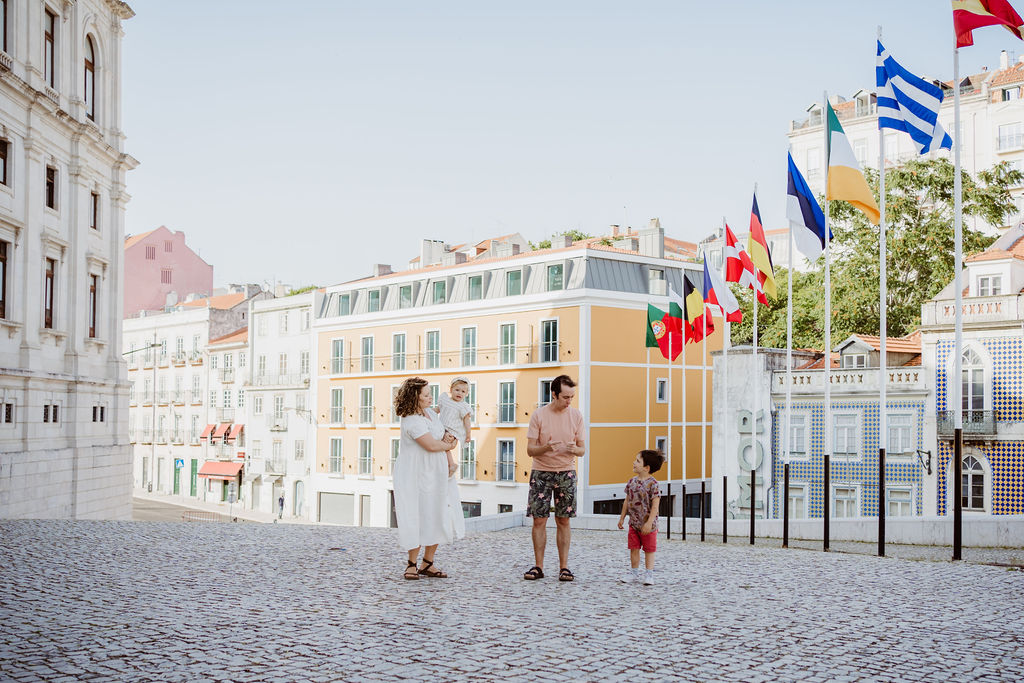
As many Southern countries, bureaucracy can become a nightmare! It’s not about the actual bureaucracy: it gets difficult because every officer and every office can tend to make up its own rules.
An example is the residence certificate: some Freguesia asks for two testimony to sign some papers (but they have to be Portuguese, living in the same neighborhood you are applying to, and be enrolled in the voters’ list). Sometimes they ask you to bring those two people with you to be present in the office.
For NIF (fiscal number), the offices of Finanças are usually packed, and they accept only a few applicants a day.
Luckily, or because of that, there are plenty of professionals and services that can help you with arranging all these documents: for NIF I have heard good things about Bordr which can apply for NIF on your behalf.
Some documents and bureaucracy you might need to take care of are (and where to take care of it):
- Residence Certificate (local Freguesia)
- NIF – fiscal Number (Finanças)
- Driving Licence (IMT)
- European Certificate (for Europeans) (Loja de Cidadão)
- Enrolling in Health Centre (Centro de Saude)
- NISS – Social Security number (Segurança Social) needed to perform the two following steps and to receive the European Health Card
- Maternity and Paternity benefit (Segurança Social)
- Children Benefit (Segurança Social)
- Birth Certificate (Conservatoria)
- Birth Certificae Translation (Loja de Cidadão)
As you can see, different documents are to be done in different offices: there are a few big hubs where you can issue various documents, like Loja de Cidadão in Saldanha and Loja de Cidadão in Laranjeiras.
7. Energy, utilities and consumables costs
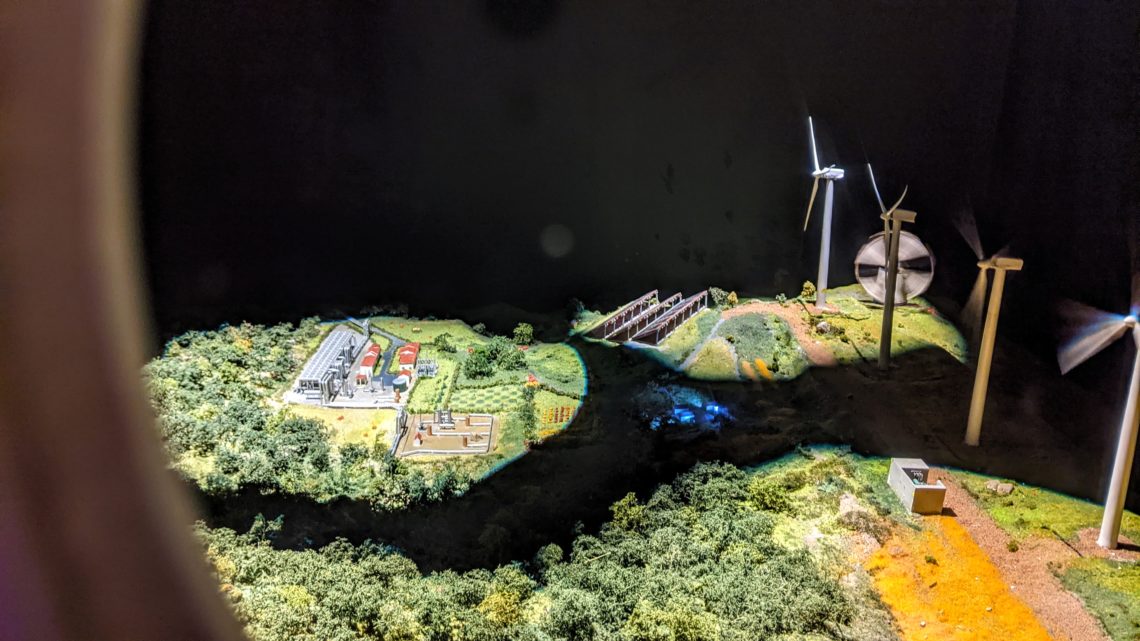
If you are coming from other European countries, you will find energy and utilities cost very high: Internet at home and two phones sim cards with 3 GB each can cost up to 70 € a month (they also give you tv channels).
Consumable prices are also high, and so is technology; if you check Worten or Fnac, and compare to your local tech shop, the same phone can cost 10 to 20% more.
Another cost that it’s far higher than other European countries are cars, and that’s because the Portuguese government has put a lot of importing fees on foreign cars (so most of them).
Petrol is definitely more expensive than many countries in the world, especially America, but average compare to the rest of Europe.
Foreigner food can be found in specialized shops like Glood, Flavers, and the gourmet floor at El Corte Ingles, but that also comes at a cost.
Importing goods from outside of Europe is not recommended, due to high import and custom fees.
8. Public healthcare it’s free
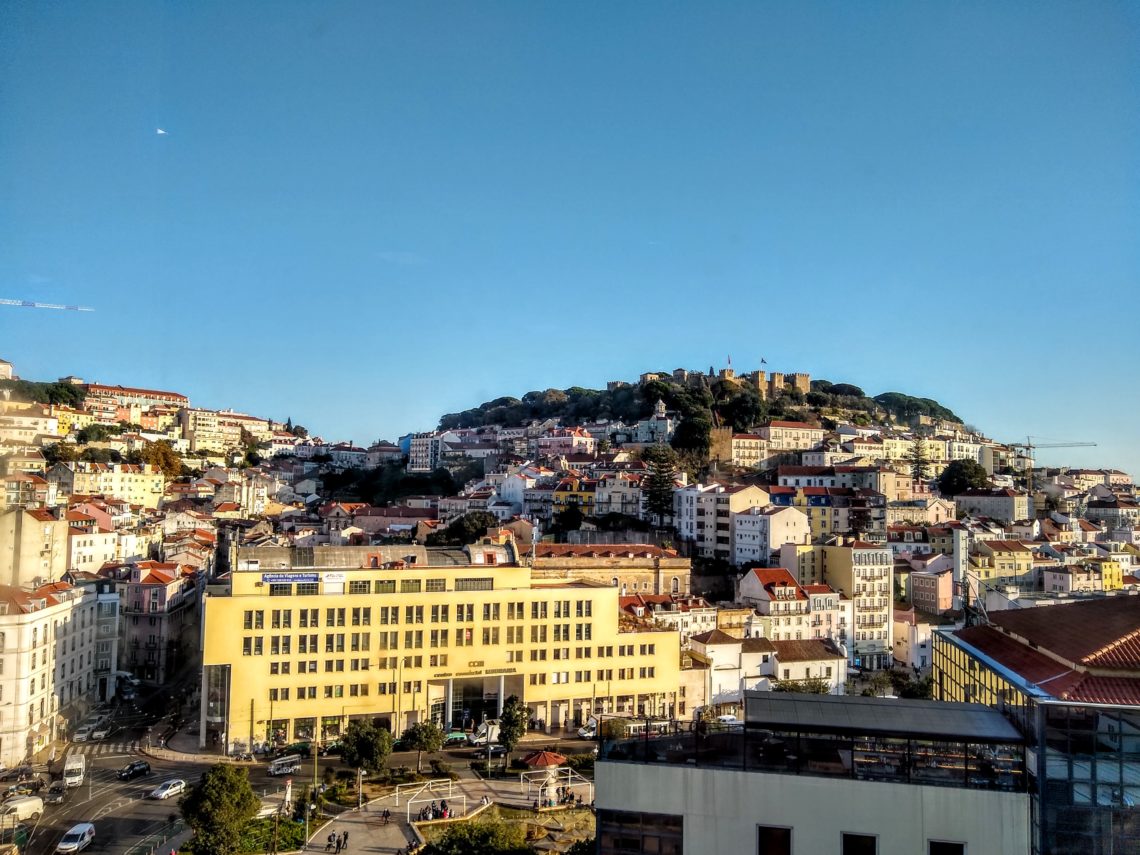
Public Healthcare is free in Portugal upon registering as a local resident. To be enrolled, you have to register at your local Centro de Saude (Health Center), with proof of residency and NIF.
Things to know about Public Healthcare:
- It can take time: to book appointments, to wait for the appointment once you are at the Centro de Saude, to be given prescriptions or referrals for specialists. Regular check-ups are booked in advanced.
- There is one GP for the whole family, regarding ages: there is a big shortage of GPs in Portugal, so many (even Portuguese people) don’t have assigned Doctors at their Centro de Saude, so they are seen by the doctor that is on shift.
- Some GP speak English, but that’s not the norm.
- Most Centro de Saude are not available on the phone for any reason, let alone emergencies, some use emails but not all: if you have an emergency, you just show up and wait for your turn. For emergency there is also a centralized number called Saude 24: if needed, they will direct you to the closest ER.
- Centro de Saude facilities’ quality varies depending on location and other factors, some are in very poor conditions.
- Many Centro de Saude in Central Lisbon are at capacity: there are few hubs that will take new patients, like Sete de Rios and Alcantara.
- Procedure to enroll also varies depending on Centro de Saude secretaries.
- There are many public hospitals in Lisbon, Pediatric hospital being Dona Estefanía, while other hospitals caters for different needs: some are old some are newer.
- Once you are in the Healthcare system, access to ER is free too.
- Maternity wards are widespread around Lisbon, some with newer facilities, like Hospital São Francisco Xavier, while others are a bit run down, like Maternidade Alfredo da Costa: Alfredo da Costa is the main hospital for risky pregnancies or preterm labors (regardless of you being followed by Public or Private system).
In Portugal, there are plenty of private hospitals and private health centers, and despite Public Healthcare being free, the Portuguese population often relies on both systems, and therefore there are many Insurance providers and healthcare plans.
9. Pregnancy care and childbirth
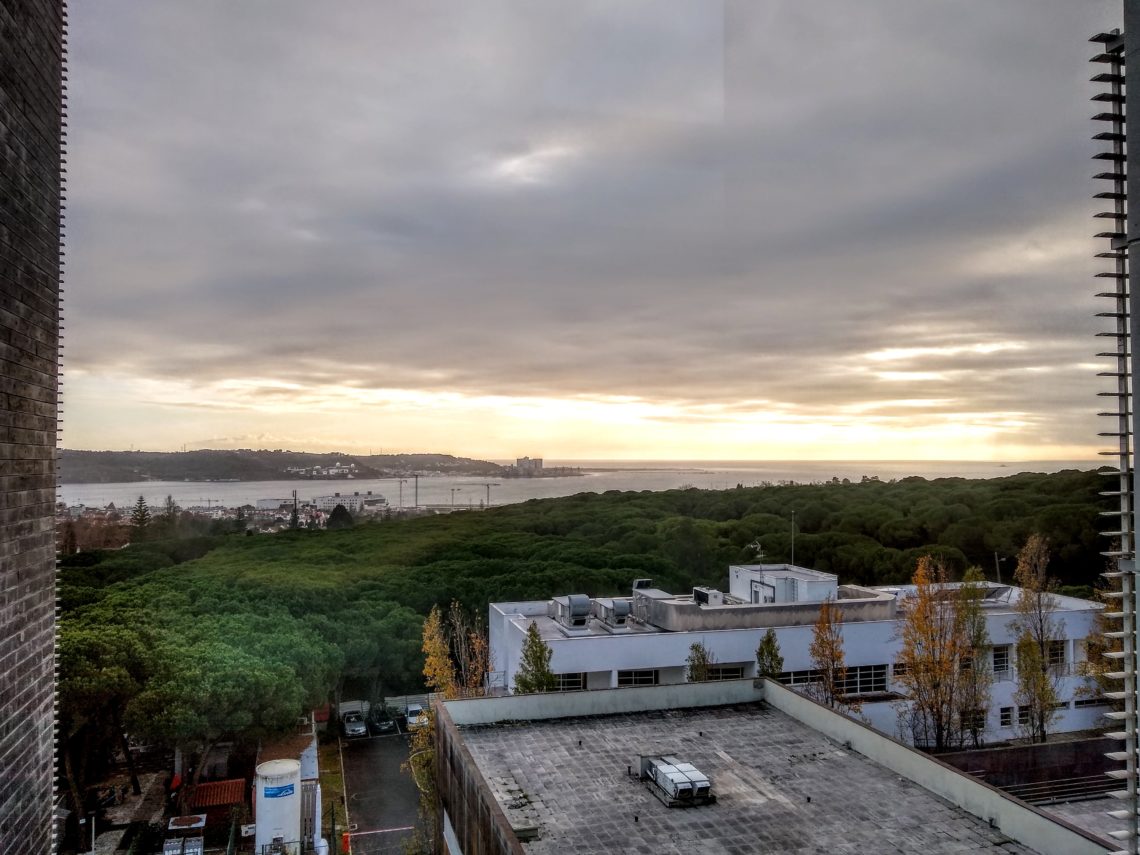
Public Pregnancy care is included in the free public Healthcare plan: the GP follows pregnant ladies up to the last few weeks of gestation. GP hands out prescriptions for ultrasounds and other checks the mom-to-be might need and will read them after you receive results.
In case of complications or special procedures, f.x. Amniocentesis, Gestational Diabetes, and others, you a usually referred to Alfredo da Costa Maternity Hospital.
Closer to the birthdate you are assigned to a public Hospital depending on where you live, where you will go through the last checkups before birth: you might be able to change that hospital through your GP if you feel like it, or you can just show up elsewhere, being sure that you will have to go through some papers.
In the last months of pregnancy, you are entitled to one sonogram each week and more if you are past your due date.
Delivery practices are not the most modern available: no pool, very little free roam (most of the time you are attached to sonograms sensors) no gas & air. Some hospitals offer Music Therapy, light therapy, and others offer a Pilates ball.
Some wards have single labor rooms, while others you will have to share with other ladies until delivery times arrive. Overall the birth is very medicalized compared to other countries: Portuguese practice includes easy medical intervention, such as inducing at 40 weeks+ few days, performing episiotomy for nonmedical reasons, putting IV in advance, etc.
The procedure is similar in Private Practice with the difference that instead of having a GP, you will have a gynecologist of your choice: you will then do all checkups at the professional private practice or in the hospital. Facilities are top-notch, while medical intervention is probably similar or more likely, as birth is rarely if never followed by obstetrics only. In many Private hospitals, the father can stay with the mom and baby after birth, after paying a little fee for food and accommodation: this is very unlikely in most public hospitals except for Vila Franca de Xira Hospital.
You can also opt for a mixed solution: being followed by the private during pregnancy and giving birth in the public sector (even with the same doctor that followed you, but at their terms, such as choosing a specific date to accommodate their schedule in the public sector).
10. Maternity and benefits
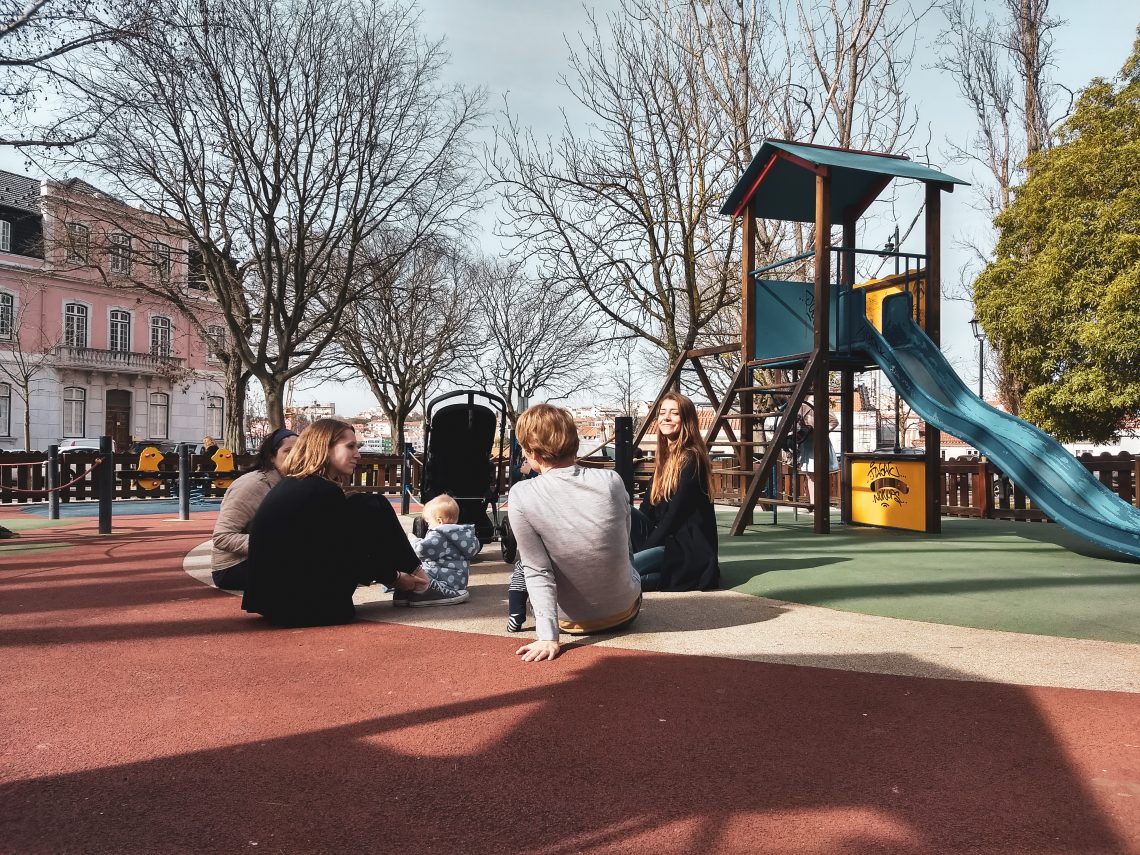
Regular maternity leave is about 5 months: you have to have paid Social Security for 6 months to qualify for it. If you are a freelancer, be aware that you don’t pay Social Security the first year of working with Recibos Verdes, so you don’t qualify until 18 months after you have started.
Childcare’s not very flexible: there are very few play centers and no family coworking space. Most crèches don’t allow part-time, as they believe it is disrupting the children’s capabilities of adapting to the new routine.
For babies and young children there are very little to no public facilities, so expect to pay between 100 and 500 euro a month for childcare.
There are some activities you can enroll your baby in but not so many since, on average, women go back to work earlier and their babies are either in crèche or with babysitters: you can check the local park, or you can join the community I and other moms funded Moms for Moms Lisbon to find other moms to hang out with.
What would you have liked to know or would you like to know about moving and living in Lisbon with families? Share your thoughts in the comments!
Planning an exploratory trip to Lisbon and would like some help in deciding what to do and which neighborhood to stay during your trip?
I can help you make the best out of your trip, creating for you a detailed itinerary suitable for your kids’ age and your family needs, so you can save time and money scrolling multiple websites and resources.
Check my page to see how can I help you!


